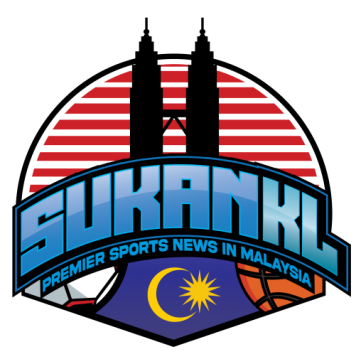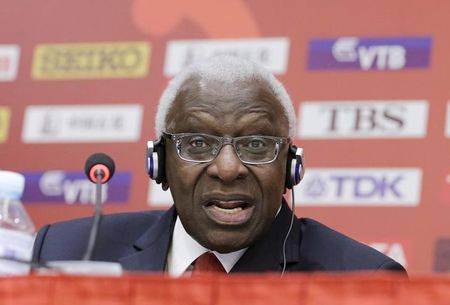Lamine Diack, the disgraced former head of athletics’ governing body IAAF, goes on trial in Paris on Monday on charges of corruption and money laundering linked to a Russian doping scandal.
The trial of Diack, 86, who is under house arrest in Paris, comes five years after prosecutors began their investigation. They have described a web of corruption that was rife in world athletics, including bribes and extortion to cover up positive drug tests.
Diack has denied wrongdoing. His lawyers described him as a “man of values and principles” and said the accusations were baseless.
“He is someone who dedicated almost his entire life to the public and to sport,” Diack lawyer Simon Ndiaye told Reuters. “We contest all the charges with which he is charged.”
The trial is expected to run for two weeks. Money laundering alone carries a jail term of up to 10 years in France.
Diack, who is Senegalese and led the IAAF from 1999-2015, was one of the most influential men in athletics. His arrest plunged the sport’s governing body into an unprecedented crisis.
Diack’s co-accused include his son, Papa Massata, who worked as a marketing consultant for the IAAF. Senegal has refused to extradite Papa Massata and he will be tried in absentia.
Lawyers across France have been on strike over planned pension reforms and the trial could be delayed if any of the six accused are unable to present a defence team.
Prosecutors began their investigation in 2015, after the IAAF’s ethics commission and the World Anti-Doping Agency (WADA) uncovered evidence a Russian marathon runner paid 600,000 euros ($683,000) to cover up a positive drug test, allowing her to compete in the London 2012 Olympic Games.
The prosecutors highlighted what they described as the “extremely complacent” attitude of the IAAF toward the Russian athletics federation.
Diack acknowledges discussions with the Russians, but denies sanctions were waived in return for personal benefit, his lawyer said.
In a separate case, French prosecutors are investigating alleged bribes related to the Olympics and World Athletics Championships. They suspect that Tokyo’s bidding committee bribed the Diacks in 2013 to secure votes – an allegation the committee has denied.
Under scrutiny in that investigation is the role of Dentsu Inc, Japan’s largest advertising agency, and its Swiss-based business partner, Athletics Management & Services AG (AMS).
For nearly two decades, Dentsu has partnered with the IAAF to market its media and sponsorship rights across most of the world, while delegating some regions and responsibilities to the AMS. In 2014, Dentsu and the IAAF agreed to extend their rights agreement through 2029.
Sebastian Coe, Diack’s successor, has undertaken to rebuild trust in athletics and introduced changes to the sport’s governance, including setting up an independent Athlete Integrity Unit to oversee doping and corruption issues.

